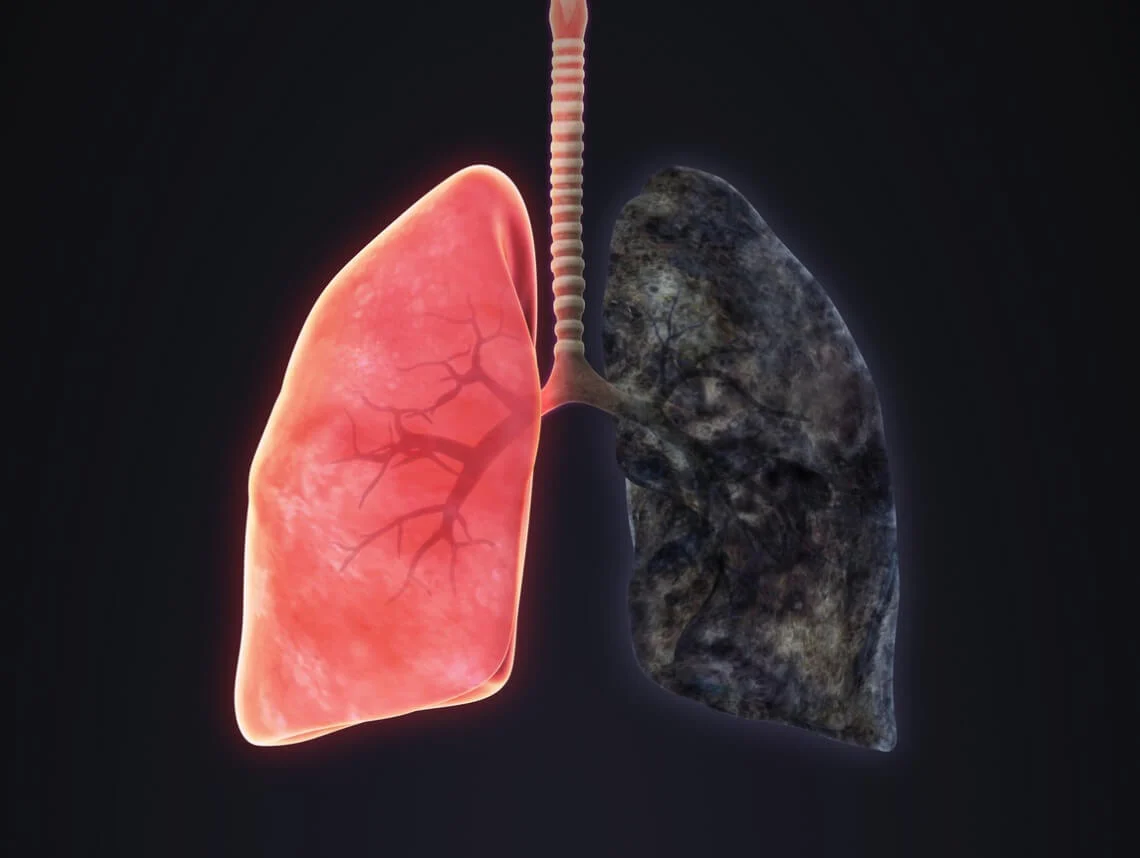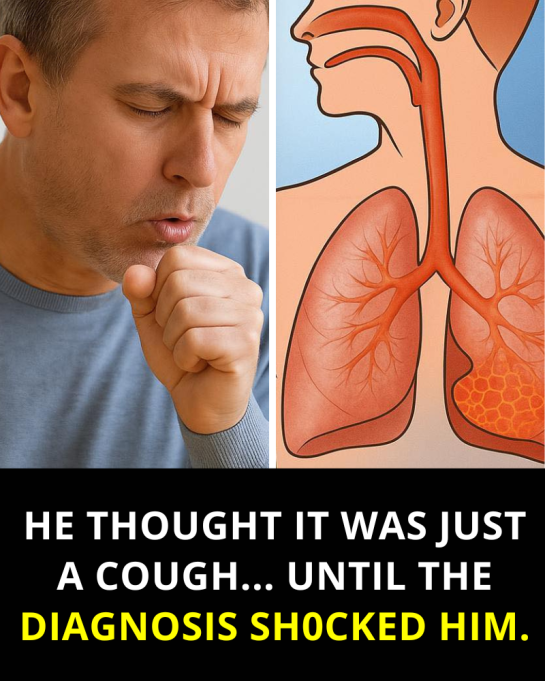3. Wheezing or Crackling Noises
Breathing may be accompanied by wheezing or crackling — caused by air forcing its way through narrowed passages. Unlike asthma or allergy-induced wheezing, this sound is more constant and can often be heard without special equipment.
4. Chest Discomfort or Pressure
Some patients describe a feeling of tightness, heaviness, or pressure in the chest. While it may resemble heart-related pain, it’s typically due to overinflated lungs. Damaged lungs trap air, leaving the chest feeling strained or bloated.

5. Unintended Weight Loss and Muscle Shrinkage
Breathing becomes such hard work that the body uses more energy just to survive, leading to unexpected weight loss. This often affects muscles in the shoulders and chest. In advanced cases, patients may look noticeably frail as their bodies use up energy reserves just to breathe.
6. Constant Fatigue
Low energy becomes an everyday struggle in late-stage emphysema. Since the body isn’t receiving enough oxygen, even small tasks like getting dressed can feel exhausting. Many people describe it as “being tired all the time, no matter how much they rest.”
7. Cyanosis (Blue-Tinted Skin or Lips)
A clear and dangerous sign of advanced emphysema is cyanosis — a bluish tint around the lips, fingertips, or toes. It means oxygen levels are dangerously low. This requires immediate medical attention. People with cyanosis may also experience headaches, memory trouble, or confusion due to oxygen deprivation in the brain.

Why Spotting These Signs Matters
Emphysema creeps in slowly and often without clear warning. By the time these symptoms are present, lung function may already be seriously compromised.
Even so, identifying the disease at this stage allows for treatments like oxygen therapy, bronchodilators, pulmonary rehab, and key lifestyle adjustments that can help patients manage symptoms and preserve lung function.
What Causes Emphysema?
Smoking is the leading cause — responsible for up to 90% of cases. However, other factors like long-term exposure to air pollutants, chemical irritants, or dust can also contribute. In rare cases, a hereditary condition called alpha-1 antitrypsin deficiency can cause emphysema in non-smokers.

